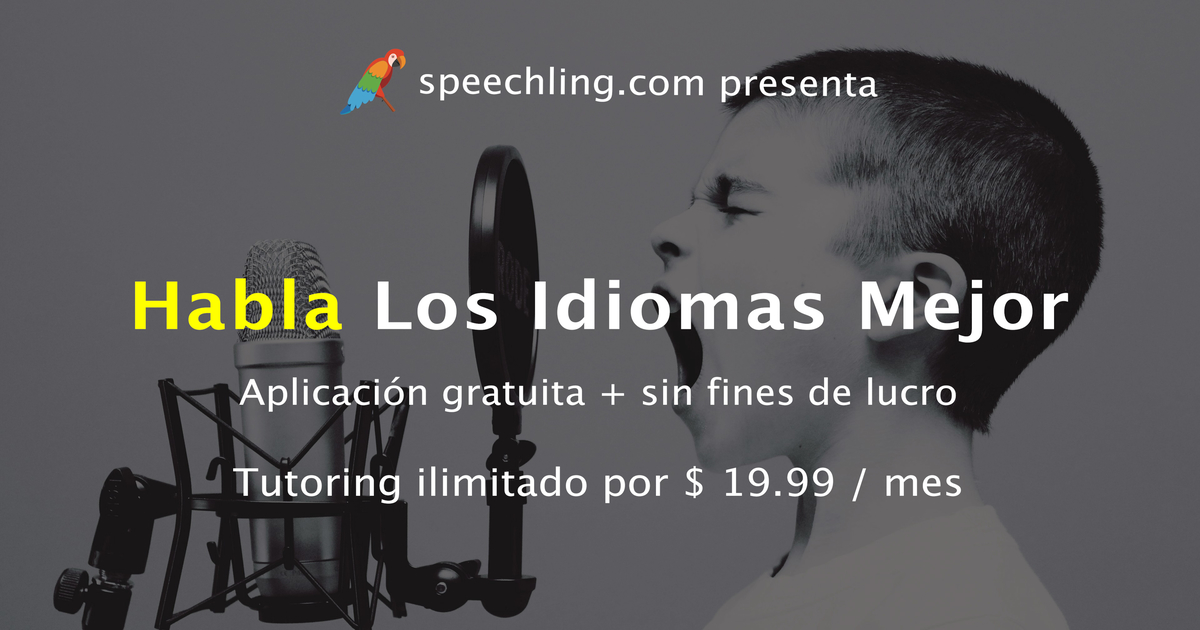If you’ve ever felt stuck between studying and actually using your target language, this week’s edition is for you.
We’re cutting through theory with habits you can start today, from a five-sentence daily routine to a pronunciation coach that gives real feedback.
Plus, we’ll look at how your mouth shapes your accent, why Koreans use different words for brothers and sisters, and what arriving on time says about national character.
Let’s make your language skills work in the real world 👇
Quick Language Tip of the Week
The 5-Sentence Rule
If you struggle to speak more naturally, this trick keeps you consistent and fluent.
Every day, speak or write five sentences in your target language about your real life, no topics, no prompts, just your day.
Example (French):
Je me suis levé tard.
Il faisait froid dehors.
J’ai bu deux cafés.
J’ai écouté un podcast.
Ce soir, je vais cuisiner.
Why it works
It’s short enough to stick to daily.
It forces recall of useful verbs and tenses.
It builds fluency around what you actually say, not textbook filler.
Pro tip: Do it at the same time every day (like brushing your teeth). Consistency beats intensity every time.
Word or Phrase Spotlight
Word Spotlight: “Lagom” (Swedish)
Literal meaning: “Not too little, not too much, just right.”
Pronunciation: LAW-gom
Lagom isn’t about perfection; it’s about balance. In Sweden, it’s a cultural value as much as a word. You’ll hear it used for everything from food portions to work-life balance.
How to use it
“That’s a lagom amount of coffee for me today.”
Why it’s interesting
It reflects how some languages turn practicality into philosophy and in this case, moderation as a mindset.
Understanding Linguistics
How Your Mouth Shapes Your Accent
Every accent is just a set of muscle habits. The way you move your tongue, lips, and jaw is shaped by your first language.
For example:
English speakers tense their jaw for “r,” while Spanish speakers keep it relaxed.
French vowels are formed further forward in the mouth than English ones.
Why it matters
Pronunciation isn’t about imitation; it’s about retraining muscle memory.
Try this: Record yourself saying a tricky sound (like the French “u” or German “ch”). Then exaggerate the mouth shape. You’ll train accuracy faster than just listening.
Language Learning Tool of the Week
Tool: Speechling
What it is
A free tool where you record yourself speaking and get feedback from real coaches.
Why it’s brilliant
It’s not just about practising; it’s correct practice. You hear how natives say it and get tailored advice on your pronunciation and rhythm.
Pro tip: Do one feedback clip per day. It’s the most efficient way to turn passive knowledge into an active skill.
Did You Know?
In Korean, there are different words for “older brother” and “younger brother”, and which one you use depends on whether you’re male or female.
If you are... | Talking about your older brother | Talking about your older sister | Talking about your younger sibling |
|---|---|---|---|
Male | 형 (hyung) | 누나 (nuna) | 동생 (dongsaeng) |
Female | 오빠 (oppa) | 언니 (eonni) | 동생 (dongsaeng) |
It’s not just grammar; it encodes social relationships right into the language. You literally can’t speak without acknowledging hierarchy and connection.
Know More About Culture
Time Isn’t the Same Everywhere
If you’ve ever waited 20 minutes for someone who said they’d be there “soon,” it might not be rudeness, just cultural time.
In Germany or Switzerland, punctuality means precision: five minutes early is ideal.
In Spain or Brazil, time is flexible: arriving “around 8” can mean 8:30.
In Kenya, there’s even a concept called African Time: a relaxed approach where people, not clocks, set the pace.
Travel tip: When abroad, adjust your expectations of time. Matching local rhythm makes you instantly more likeable — and less stressed.
Fun Linguistic Fact
In Mandarin Chinese, the word for “crisis” (危机 wēijī) is famously said to combine “danger” and “opportunity.”
That’s not exactly accurate linguistically, but it shows how meanings evolve through interpretation, not just structure.
It’s a reminder: language isn’t fixed; it’s flexible, alive, and shaped by the stories people tell about it.
Join the Conversation
What’s your favourite example of how language reflects culture? Share your thoughts with our community on Facebook, X, and LinkedIn.
How your brain rewires itself when you learn a second language (and why it’s measurable)? A: MRI studies show bilinguals have higher grey-matter density in the inferior parietal lobule. Bilingualism isn’t just about communication. It’s cognitive strength training. #bsky #langsky
— Language Learners Hub (@languagelhub.bsky.social) 2025-11-05T19:36:14.999Z
When you share Language Learners Hub, you’re not just inviting friends. You’re helping us create more free tools and resources for everyone.
What’s possible through referrals:
Pronunciation Cheat Sheet — available now for all members.
Mini Masterclass Video Pack — coming soon.
The Polyglot’s Private Collection — coming soon.



